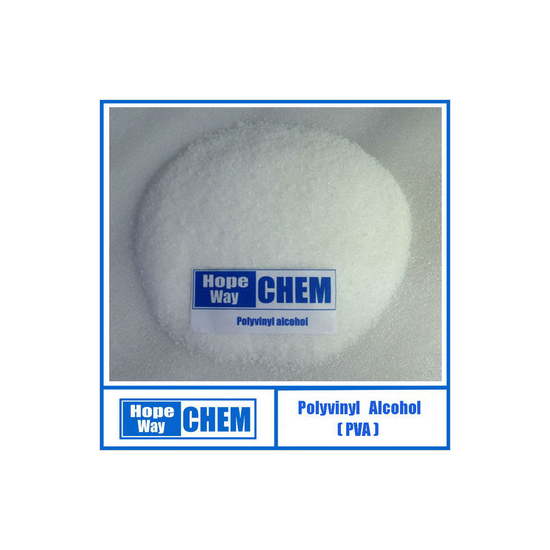- Home >> Polyvinyl Alcohol(PVA) >> waterproofing chemicals PVA

Previous:water solution chemical
Next: synthetic pva
Polyvinyl Alcohol products have a wide range of uses. In the textile industry, they are mainly used as yarn pulp, fabric finishing...
More informationPolyvinyl Alcohol is manufactured by polymerization of vinyl acetate monomer, followed by hydrolysis of the polyvinyl acetate. HOP...
More informationPolyvinyl Alcohol is a water soluble and biodegradable synthetic polymer. It is adry solid, and is available in granule and powder...
More information
Previous:water solution chemical
Next: synthetic pva